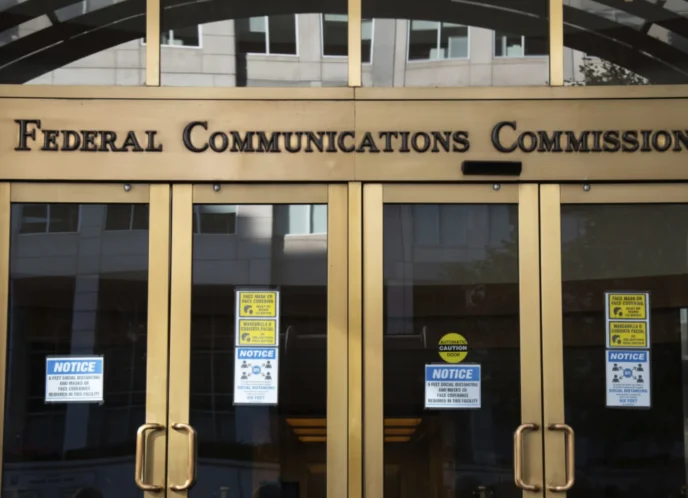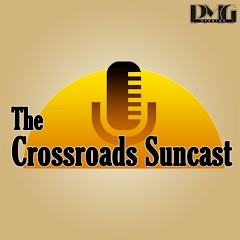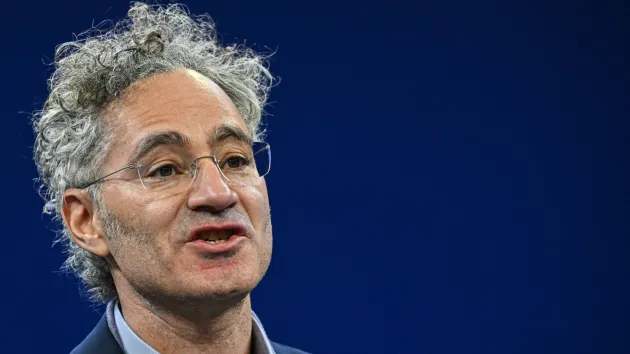Below is a sneak preview of testimony that will be given during the Public Comment Period at this Thursday's Townhall Meeting with FCC Commissioners Copps and Clyburn on the Future of the Internet in Minneapolis. This statement will be given by Bryan Thao Worra of the Lao Assistance Center, a MAG-Net MN Chapter member.
Make sure you raise your voice and watch the Townhall Meeting Live Online on Thursday, August. 19th @6pm CDT
To our colleagues of the FCC and our fellow community members,
My name is Bryan Thao Worra and I am the Assistant Director for the Lao Assistance Center of Minnesota. I am a Fellow in Literature with the National Endowment for the Arts, and Lao Assistance Center is a member of the Media Action Grassroots Network. I have been a resident of Minnesota for over 12 years working on national, regional and local issues of refugee resettlement, the arts and media access.
I am submitting this testimony in deep support of the principles of net neutrality and the development of equitable access for all members of American society. Drawing upon my experiences and observations with the 25,000 Lao refugees in Minnesota and over 400,000 Lao refugees across the United States, I can say that effective access to the internet is a vital cornerstone for our community to overcome regional, local and national challenges of economic and social disparity.
Many figures will point to the great disconnect between the media and refugee communities already, many of whom are heavily affected by the digital divide. We were encouraged to see this as an era of digital
opportunities, but this simply has not happened for Lao refugees, and many other communities in similar positions, including Cambodian, Karen, Hmong, Bhutanese, Nepalese, Tai Dam, Mien, Tibetan, and Vietnamese, as well as African refugees from the Oromo, Ogaden, Somali and Liberian communities among many others.
Many continue to live in linguistically isolated households, and many live well below the federal poverty line that makes even basic internet access something of a luxury to obtain. At the Lao Assistance Center we established a computer lab to help limited-English refugees conduct job searches, ESL and find ways to remain in contact with loved ones and family still separated overseas and in distant parts of the country.
We are working every day to help refugees build the computer skills they badly need to survive and thrive in the modern world. Yet, the emerging threats to net neutrality threaten to undermine the very principles on which the internet was established.
It's far too easy for us to see the unintended consequences where a tiered system of access to the internet can place refugees and immigrants at risk as many media agencies and others turn increasingly to multimedia presentations for their broadcasts for which many of the existing households have inadequate bandwidth capacity already.
I understand we have limited time to discuss the matter but allow me to assure you that from the perspective of Lao American refugees and their families, and many others, that net neutrality is a key aspect of our effective stabilization and our route to rebuilding and recovery. We strongly encourage policies that preserve and enhance ease of access to information and services, rather than approaches that would restrict access and reduce our community to third and fourth class citizens.
Respectfully submitted,
Bryan Thao Worra
Assistant Director
Lao Assistance Center
Bryan Thao Worra is a Laotian American writer. His books include On The Other Side Of The Eye, Touching Detonations, Winter Ink, Barrow and The Tuk Tuk Diaries: My Dinner With Cluster Bombs. He is the first Laotian American to receive a Fellowship in Literature from the United States government's National Endowment for the Arts. He has also received the Asian Pacific Leadership Award from the State Council on Asian Pacific Minnesotans for Leadership in the Arts



